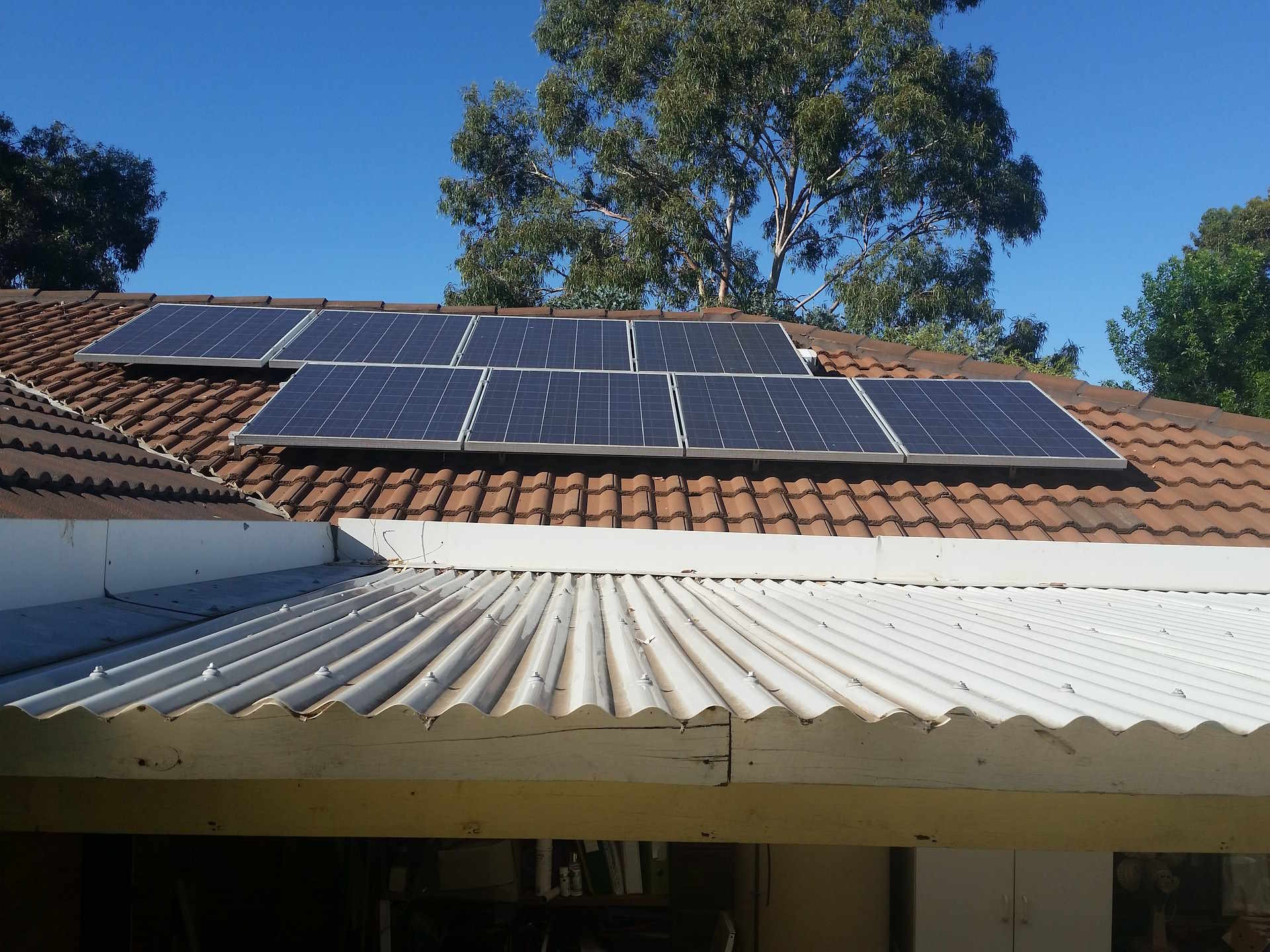How Heat Pump Costs in the Ireland Are Changing in 2025
As more households across Ireland consider switching to energy-efficient solutions, heat pumps have emerged as a practical choice for whole-home climate control. With updated pricing in 2025, many are taking a closer look at installation costs and long-term value. Here's what to know about current trends.

What Affects the Price of a Heat Pump Installation?
The cost of installing a heat pump in Ireland can vary significantly based on several factors. The type of heat pump system chosen, such as air source, ground source, or water source, plays a crucial role in determining the overall expense. The size and complexity of the installation, including any necessary modifications to existing ductwork or radiators, can also impact the final price. Additionally, the energy efficiency rating of the heat pump and the brand selected will influence the cost.
Understanding the Total Cost for Whole-Home Heating
When considering a heat pump for whole-home heating, it’s essential to look beyond the initial installation costs. The total cost of ownership includes factors such as energy consumption, maintenance requirements, and potential government incentives or grants. While the upfront investment may be higher compared to traditional heating systems, heat pumps often provide significant long-term savings due to their energy efficiency and lower operating costs.
How Prices for Heat Pumps Are Evolving in 2025
In 2025, the heat pump market in Ireland is experiencing some notable changes. Increased competition among manufacturers and installers has led to more competitive pricing for certain types of heat pumps. Technological advancements have also contributed to improved efficiency, potentially offsetting some of the costs associated with rising energy prices. However, factors such as supply chain challenges and increased demand for sustainable heating solutions may exert upward pressure on prices in some cases.
Choosing a System That Fits Your Property
Selecting the right heat pump system for your property is crucial for both cost-effectiveness and performance. Factors to consider include the size and insulation level of your home, the available outdoor space for unit installation, and your specific heating and cooling needs. A professional assessment can help determine the most suitable type and size of heat pump, ensuring optimal efficiency and avoiding unnecessary expenses associated with an over- or under-sized system.
Comparing Heat Pump Options and Costs in 2025
To provide a clearer picture of the heat pump market in Ireland in 2025, let’s compare some popular options:
| Heat Pump Type | Provider | Average Cost Estimation (€) |
|---|---|---|
| Air Source Heat Pump | Daikin | 8,000 - 12,000 |
| Ground Source Heat Pump | Panasonic | 15,000 - 25,000 |
| Air-to-Water Heat Pump | Mitsubishi Electric | 10,000 - 14,000 |
| Hybrid Heat Pump System | Viessmann | 12,000 - 18,000 |
Prices, rates, or cost estimates mentioned in this article are based on the latest available information but may change over time. Independent research is advised before making financial decisions.
What Incentives Are Available for Heat Pump Installation?
In 2025, the Irish government continues to offer incentives to promote the adoption of renewable heating technologies. The Sustainable Energy Authority of Ireland (SEAI) provides grants for heat pump installations, which can significantly reduce the upfront costs for homeowners. These incentives, combined with potential energy savings, make heat pumps an increasingly attractive option for Irish households looking to reduce their carbon footprint and long-term energy expenses.
When considering a heat pump installation, it’s crucial to factor in these potential savings and incentives alongside the initial costs. Consulting with certified installers and energy assessors can provide a more accurate picture of the total investment and potential returns specific to your property and needs.
In conclusion, while the costs of heat pumps in Ireland are evolving in 2025, they remain a viable and increasingly popular option for sustainable home heating. By understanding the factors that influence pricing, comparing available options, and taking advantage of government incentives, homeowners can make well-informed decisions about transitioning to this energy-efficient technology.




